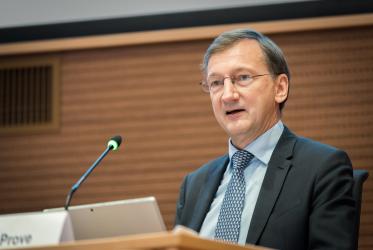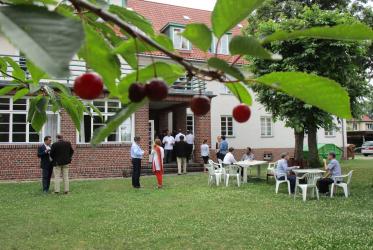Displaying 1 - 20 of 72
Worldwide prayer campaign begins to end 70-year Korean War
06 February 2020
Church in Bali empowers youth to break cycle of poverty
18 March 2019
Racial justice issues at forefront in meetings with UN experts
01 November 2018
Churches call for urgent action for Cremisan Valley
28 September 2017








